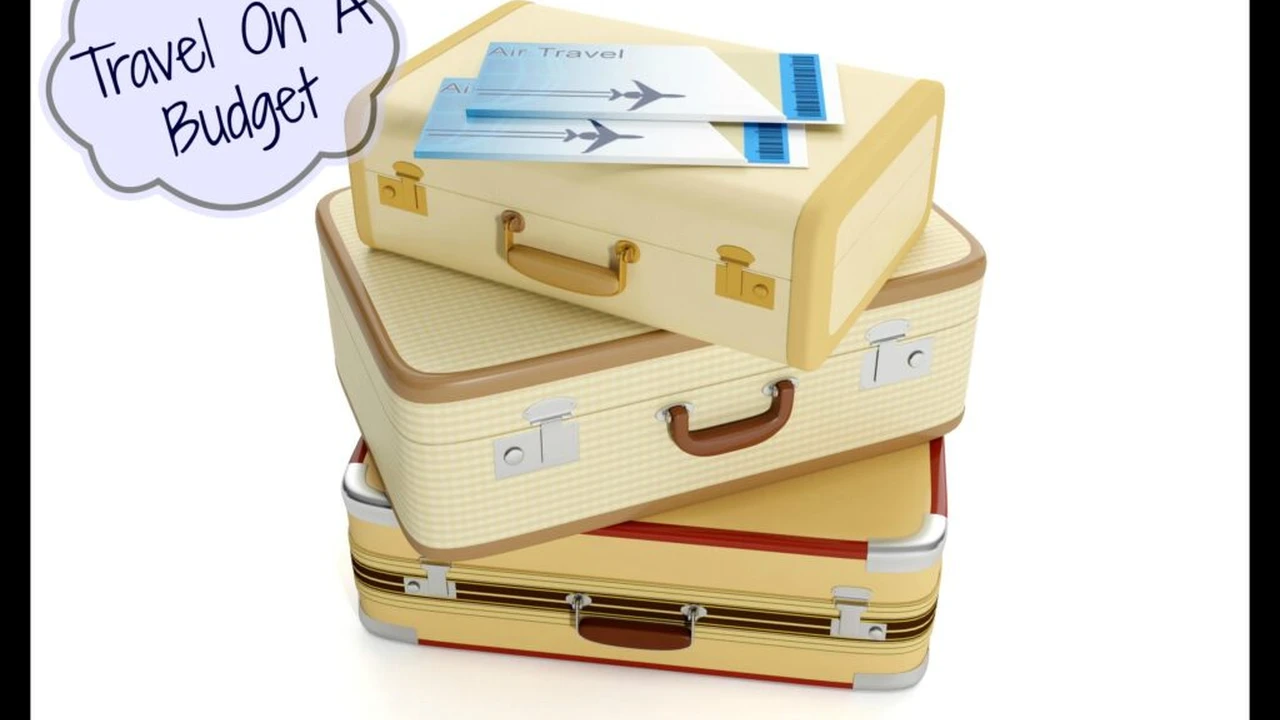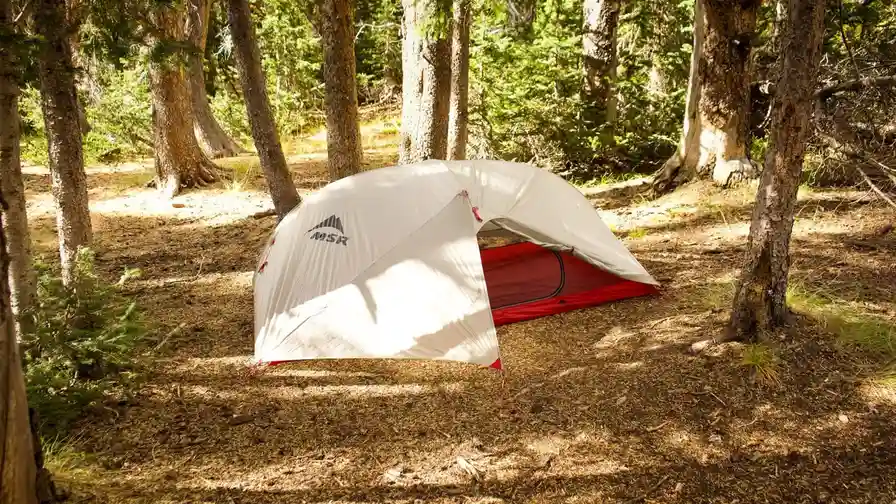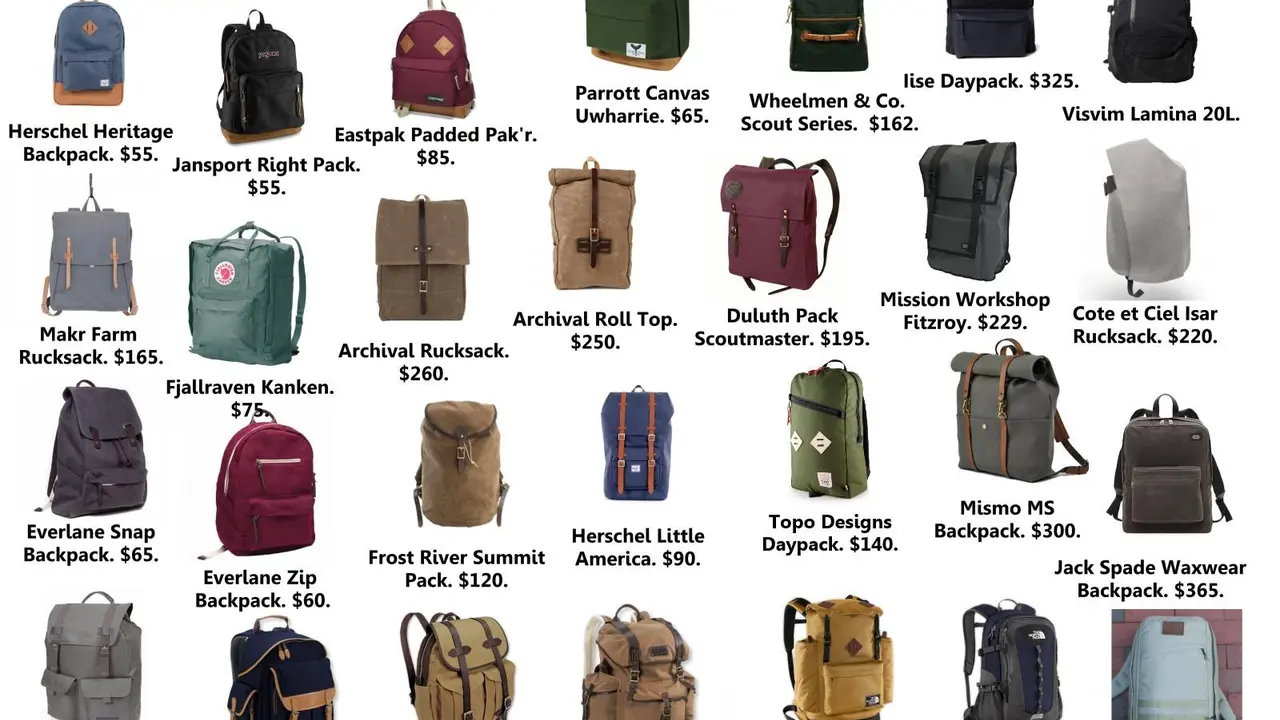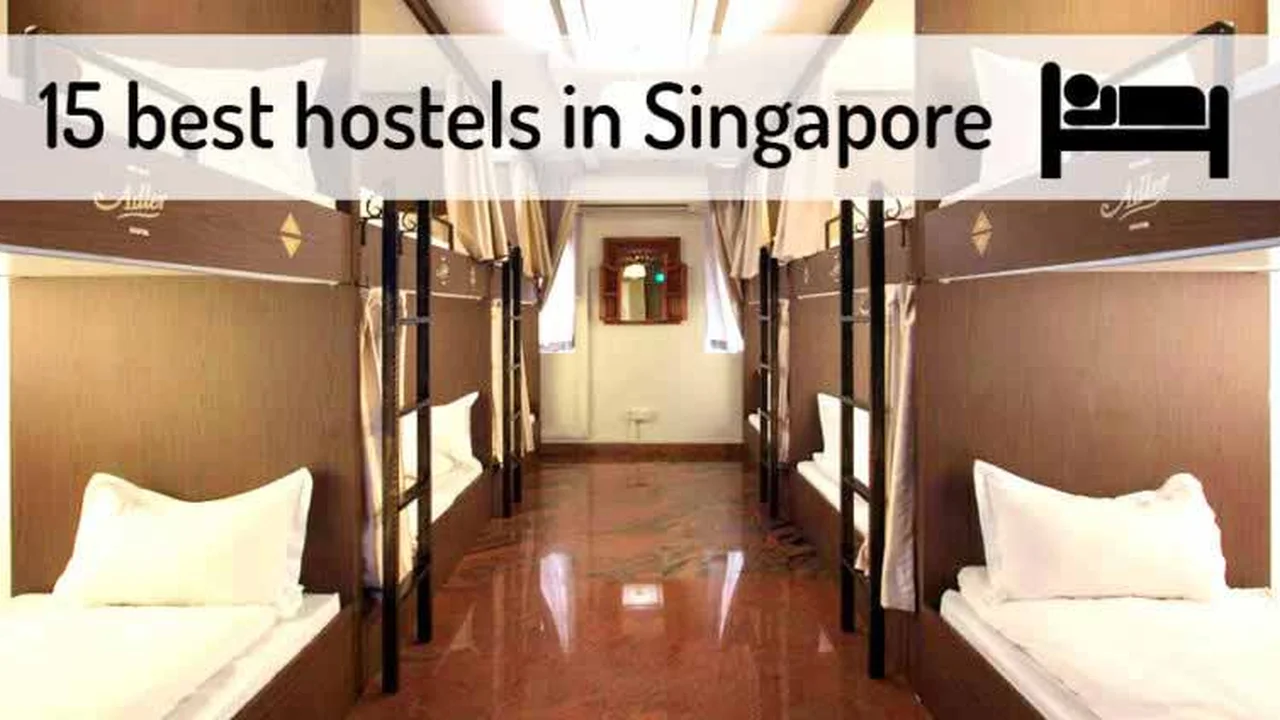10 Ways to Travel on a Budget
Discover 10 proven ways to travel on a budget, including finding cheap flights, booking affordable accommodation, and eating local food. Maximize your travel experiences without breaking the bank.

Find Cheap Flights Airfare Savings Tips
Okay, let's kick things off with the big one: flights. Airfare can easily eat up a huge chunk of your travel budget, but don't despair! There are tons of ways to snag cheaper flights if you're willing to put in a little effort.
First off, be flexible with your travel dates. Flying mid-week (Tuesday or Wednesday) is often cheaper than flying on weekends. Also, consider flying during the off-season or shoulder season (the periods just before and after the peak season). Airlines are eager to fill seats during these times, so you'll often find great deals.
Use flight comparison websites like Skyscanner, Google Flights, and Kayak. These sites allow you to compare prices from multiple airlines and travel agencies at once. Set up price alerts so you'll be notified when prices drop for your desired route. Don't be afraid to fly with budget airlines like Spirit, Frontier, or Ryanair (in Europe), but be sure to factor in extra costs for baggage and seat selection.
Another trick is to be open to different airports. Sometimes flying into a smaller, less popular airport can save you a significant amount of money. Finally, consider booking connecting flights instead of direct flights. While they may take longer, connecting flights are often cheaper.
Affordable Accommodation Budget Lodging Options
Next up: accommodation. Hotels can be expensive, but there are plenty of affordable alternatives. Hostels are a fantastic option for budget travelers, especially solo travelers. They offer dorm rooms at a fraction of the price of a hotel room, and they're a great place to meet other travelers.
Airbnb can also be a good option, especially if you're traveling with a group. You can often find apartments or houses for rent that are cheaper than multiple hotel rooms. Consider guesthouses or budget hotels, which offer basic amenities at a lower price point. Websites like Booking.com and Agoda are great for finding these types of accommodations.
If you're really on a tight budget, consider couchsurfing. This involves staying with locals for free. It's a great way to experience a different culture and save money on accommodation. Just be sure to read reviews carefully and choose hosts who have positive feedback.
Eat Like a Local Budget Food Strategies
Food is another area where you can easily overspend. Instead of eating at touristy restaurants, try to eat like a local. Visit local markets and street food stalls, where you can find delicious and affordable meals. Cook your own meals whenever possible. This is especially easy if you're staying in an Airbnb with a kitchen.
Look for lunch specials and happy hour deals at restaurants. Many restaurants offer discounted prices during these times. Avoid ordering drinks, as they can quickly add up to a significant expense. Carry a reusable water bottle and fill it up whenever you can. You can also save money by packing snacks and meals for day trips.
Don't be afraid to try new things! Street food is often the best and most authentic way to experience the local cuisine. Just be sure to choose vendors who look clean and reputable.
Free Activities City Exploration on the Cheap
Many cities offer a wide range of free activities. Take advantage of free walking tours, which are a great way to learn about the history and culture of a city. Visit parks, museums, and art galleries that offer free admission days or free exhibits. Attend free concerts, festivals, and events. Many cities also have free outdoor activities like hiking, biking, and swimming.
Look for free Wi-Fi hotspots so you can stay connected without paying for internet access. Pack a picnic lunch and enjoy it in a park. Visit local libraries and browse the books and magazines. Attend free lectures and workshops.
Transportation Hacks Affordable Travel Options
Transportation can be another significant expense. Instead of taking taxis or private transportation, use public transportation like buses, trains, and subways. Purchase a travel pass if you plan to use public transportation frequently. Walk or bike whenever possible. This is a great way to see the city and get some exercise at the same time.
Consider renting a bike for the day. Many cities have bike-sharing programs that offer affordable rentals. Look for free shuttle services that connect to major attractions. Hitchhiking can be a risky but potentially free way to travel, but be sure to research the safety of hitchhiking in your destination.
Travel in the Off-Season Budget Travel Timing
Traveling during the off-season or shoulder season can save you a significant amount of money. Flights and accommodation are often cheaper during these times. You'll also avoid the crowds of tourists, which can make for a more pleasant travel experience.
The off-season varies depending on the destination. In general, it's the period just before and after the peak season. For example, in Europe, the off-season is typically from November to March. In the Caribbean, it's from June to November.
Be aware that some attractions and activities may be closed during the off-season. But if you're willing to be flexible, you can find some great deals.
Travel Hacking Credit Card Rewards Programs
Travel hacking is the art of using credit card rewards programs to travel for free or at a discounted rate. Many credit cards offer bonus points or miles for signing up and spending a certain amount of money. You can then redeem these points or miles for flights, hotels, and other travel expenses.
Do your research and choose a credit card that offers rewards that align with your travel goals. For example, if you want to fly for free, choose a credit card that offers airline miles. If you want to stay in hotels for free, choose a credit card that offers hotel points.
Be sure to pay your credit card bill on time and in full each month to avoid interest charges. And don't spend more money than you can afford just to earn rewards.
Couchsurfing Free Accommodation Travel
Couchsurfing is a website that connects travelers with locals who are willing to offer free accommodation. It's a great way to save money on lodging and experience a different culture. When using Couchsurfing, it's important to create a detailed profile and read reviews carefully before choosing a host.
Be respectful of your host's home and belongings. Follow their rules and be a good guest. Offer to help with chores or cook a meal. And be sure to leave a positive review after your stay.
Travel Insurance Peace of Mind Protection
Travel insurance can protect you from unexpected medical expenses, trip cancellations, and lost luggage. It's a good idea to purchase travel insurance before you leave on your trip. Compare different travel insurance policies to find one that meets your needs. Consider factors like coverage limits, deductibles, and exclusions.
Some credit cards offer travel insurance as a benefit. Check your credit card agreement to see if you're covered. But be sure to read the fine print and understand the limitations of the coverage.
Budget Travel Apps Planning on the Go
There are many budget travel apps that can help you plan your trip and save money on the go. Some popular apps include Skyscanner (for finding cheap flights), Booking.com (for finding affordable accommodation), and Google Maps (for navigating cities). There are also apps that help you find free Wi-Fi hotspots, currency converters, and travel guides.
Download these apps before you leave on your trip and familiarize yourself with their features. They can be a valuable resource for budget travelers.
Product Recommendations for Budget Travelers
Okay, let's talk gear! Here are a few recommendations for products that can help you travel on a budget:
Travel Backpack: Osprey Farpoint 40 ($160). This backpack is carry-on sized and has a comfortable suspension system. It's perfect for backpacking trips or weekend getaways. The clamshell opening makes packing and unpacking easy.
Portable Water Filter: Sawyer Squeeze Water Filter ($30). This lightweight water filter is perfect for backpacking and hiking. It removes bacteria and protozoa from water, making it safe to drink. It's easy to use and can filter up to 1 million gallons of water. Great for Southeast Asia or any place where the water quality is questionable.
Travel Adapter: Universal Travel Adapter ($20). This adapter works in most countries around the world. It has multiple USB ports for charging your electronic devices. Essential for international travel.
Packing Cubes: Eagle Creek Packing Cubes ($30 for a set of 3). These cubes help you organize your clothes and maximize space in your suitcase or backpack. They also help prevent wrinkles.
Reusable Water Bottle: Nalgene Tritan Water Bottle ($12). This durable water bottle is perfect for staying hydrated on the go. It's BPA-free and dishwasher-safe.
Product Comparisons for Smart Spending
Let's compare some options to help you make smart choices:
Backpacks: Osprey Farpoint 40 vs. Tortuga Setout. The Farpoint is lighter and more affordable, while the Setout is more durable and has more organizational features. The Farpoint is better for shorter trips, while the Setout is better for longer trips.
Water Filters: Sawyer Squeeze vs. LifeStraw. The Sawyer Squeeze is more versatile and can be used to filter water from a variety of sources. The LifeStraw is simpler to use but is only suitable for drinking directly from a water source.
:max_bytes(150000):strip_icc()/277019-baked-pork-chops-with-cream-of-mushroom-soup-DDMFS-beauty-4x3-BG-7505-5762b731cf30447d9cbbbbbf387beafa.jpg)






